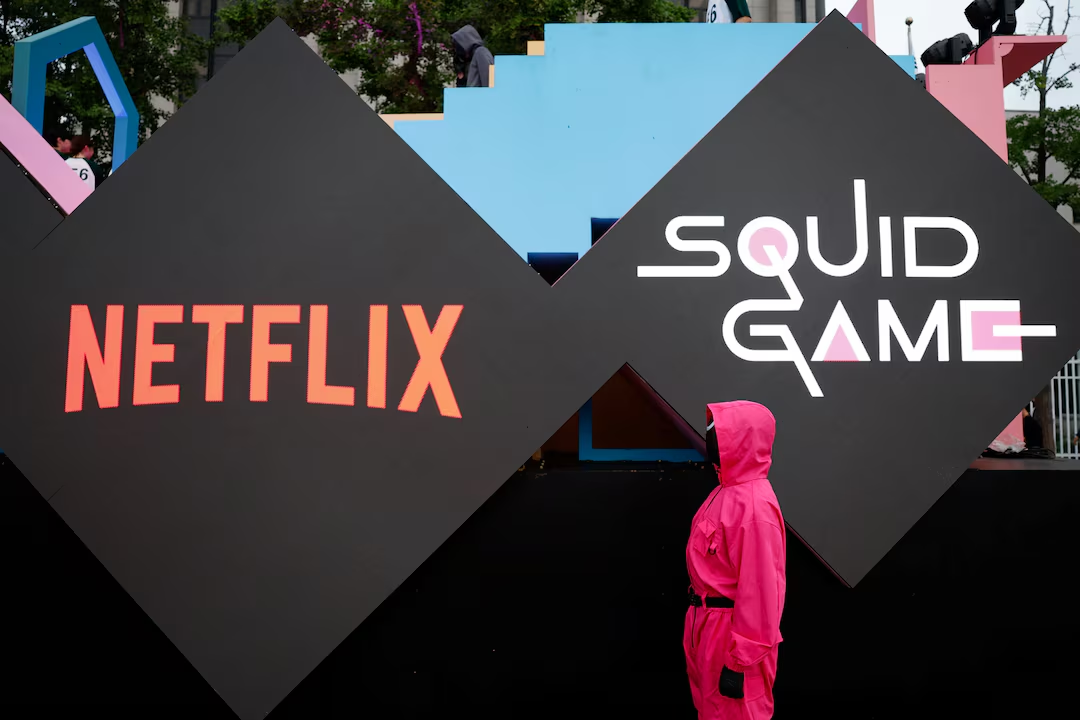LOS ANGELES, 24 October 2025 — Netflix has decided to shutter the gaming studio it acquired in 2022, the team behind the hit mobile title Squid Game: Unleashed, signalling a pivot in its strategy for gaming and interactive content.
The studio, formerly known as Boss Fight Entertainment, was integrated by Netflix under its broader ambition to expand beyond streaming into interactive entertainment. In a LinkedIn post, co-founder and former CEO David Rippy confirmed the closure, expressing gratitude for the studio’s decade-plus journey and noting it was time to “close down” operations.
Although the games developed by the studio, including “Squid Game: Unleashed” and “Netflix Stories”, will remain available on Netflix’s platform, the move underscores a strategic realignment away from owning full development capacity. According to Reuters, the streaming giant plans to refocus on “party, narrative, kids and mainstream games” under its new gaming strategy.
Why This Matters
1. Strategic shift for Netflix, which acquired the studio in 2022 with the aim of building a direct game development pipeline. The closure may reflect higher costs, slower monetisation of mobile games, or a decision to rely more on partnerships and licensing instead of owning development studios.
2. Implications for interactive content in Asia and globally, For Asian markets, where mobile gaming is a major growth driver and international studios increasingly collaborate with Korean, Japanese and Southeast Asian game developers, Netflix’s pull-back may signal a recalibration of expectations for streaming-platform gaming investments.
3. Focus on narrative and platform synergy, Netflix’s return to its core storytelling and platform strengths may reflect recognition that the gaming market has different economics and risk-profiles compared to streaming video. By focusing on “party, narrative, kids and mainstream games,” Netflix may attempt to better align its gaming offerings with its brand and existing user base.
Broader Considerations
- Scale and monetisation challenges: Mobile-game markets are fragmented and heavily competitive, with user-acquisition costs, retention and monetisation proving tougher than many expected.
- Integration complexity: Owning a game-studio business requires different culture, metrics and product cadence than streaming content, Netflix may find that outsourcing or licensing is more efficient.
- Regional talent and costs: With game development hubs strong in Asia (South Korea, China, Malaysia, Singapore), global players may increasingly rely on regional partnerships rather than build in-house studios. Netflix’s move may open opportunities for Asian developers seeking third-party relationships.
- Platform evolution: Gaming on streaming platforms remains nascent, success may depend on unique IP leverage (like “Squid Game”), cross-platform reach, and community engagement beyond just casual mobile titles.
Outlook
For Netflix, the closure offers cost savings and strategic focus — freeing resources to partner rather than build. For game developers in Asia, the shift highlights both the risks of platform-led in-house game investments and the opportunity to fill the void with outsourced development or co-creation deals.
While Netflix’s games will stay live, industry watchers will watch how its gaming strategy evolves, whether it chooses to license more IP-based titles, collaborate with regional studios, or reconsider its position in the interactive-content space altogether.





